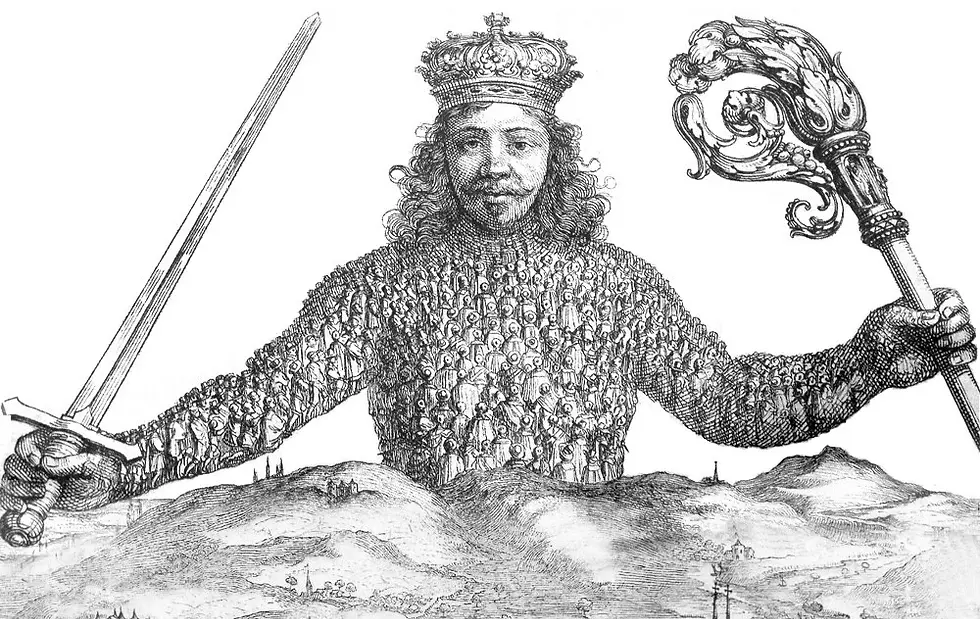Plato: A Statement on the Cave Analogy
- Heta Kariuki
- Jul 13, 2025
- 3 min read
Quote Being Analysed
“So you must go down, each of you in turn, to join the others in their dwelling-place. You must get used to seeing in the dark. When you do get used to it, you will see a thousand times better than the people there do. You will be able to identify all the images there, and know what they are images of, since you have seen the truth of what is beautiful and just and good. In this way, the government of the city, for us and for you, will be a waking reality rather than the kind of dream in which most cities exist nowadays, governed by people fighting one another over shadows and quarrelling with one another about ruling, as if ruling were some great good. The truth is, I imagine, that the city in which those who are to rule are most reluctant to do so will inevitably be the city which has the best and most stable government, whereas the city with rulers of the opposite kind will have a government of the opposite kind.” (Book 7, P.226)

In exploring the nature of justice and the ideal state, Plato forges a connection between the fons et origo of man and its parallel to the order of the state. He illustrates this motif through the allegory of the cave, highlighting the qualities that qualify philosopher-kings to rule while also demonstrating how governance by the Philosopher-kings ensures the maintenance of justice and order within the state.
The text opens in media res, introducing the Philosopher-kings as being tasked with the interrogative duty (“must go down”) to rule over the polis, those still within the cave. In undertaking this katabasis, or descent into the realm of knowledge, they attain the highest form of the good, qualifying them to “identify the images” whose obscurity, to those in the cave, represents their inadequacy to rule as a consequence of what Plato calls the “dream,” and the “dark[ness],” the cave subjects them to. In mirroring the incipit of the Republic, “Down I went into Piraeus,” in the allegory, Plato signals his intent to establish both a physical and metaphysical demarcation to symbolize the superiority of the Philosopher-kings and the inferiority, and therefore subservience, of “rulers of the opposite kind” to their governing reason (episteme).
Conversely, it can be argued that Plato’s hierarchical structure is implausible and undesirable as it overlooks the importance of individual autonomy, which allows for subjective interpretations of “the light” and, by extension, “the truth” that enables the Philosopher-kings to see “a thousand times better” than those in the cave. This contradiction extends to the cave itself as a construct of his imagination. For readers who lack faith in or aspiration towards metaphysics, Plato’s supposed “waking reality” exists within an illusionary state, the very “dream” he critiques most cities for “existing in nowadays,” thus further undermining the coherence of his claims.
Moreover, Plato’s opposition to doxa is microcosmic of his aversion to a government driven by people “fighting” and “quarreling” over shadows. His choice of lexicon, “quarreling”, alludes to his critique in the Republic of a ruler characterized by competition and self-interest. Plato advances this argument by asserting that those who are “most reluctant” to rule form the city with the “most stable government.” This aligns with both a) Plato’s principle of specialization, whereby stability is achieved when everyone performs their proper ergon, and b) Plato’s antipathy toward populism, which he argues in Book 8 descends into demagoguery, underscoring his argument that stability and factionalism cannot coexist. Thus, rulers of the “opposite [self-interested] kind” form cities of “the opposite kind” in which the “beau[ty], just[ice], and good” accompanied by the truth, the “know[ing] of what they are images of” and thus the ideal and just state, does not dwell.
In hierarchically distinguishing the Philosopher-kings from the “others in their dwelling place,” along with singling the character of one who governs to “reluctan[ce],” Plato risks not only monopolizing truth but also monopolizing the exercise of it. This invites critique that his argument is dangerous from both elitist and authoritarian perspectives, as it infers an asymmetrical exercise of consolidated power.
Nevertheless, in the text, Plato suggests that the rule of the Philosopher-kings does not serve their interests, as he states, “as if ruling were some great good.” This suggests the governance by the Philosopher-kings is not inherently hegemonic; it does not fulfill a desire for power typical of despotic leaders. He goes on to emphasize that the government of the city is “for us and for you,” suggesting an intention to promote the inclusivity and welfare of all citizens as opposed to a mere monopolization of power by the Philosopher-kings.



Comments